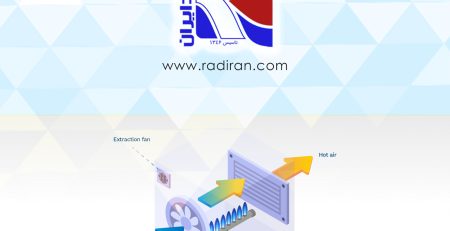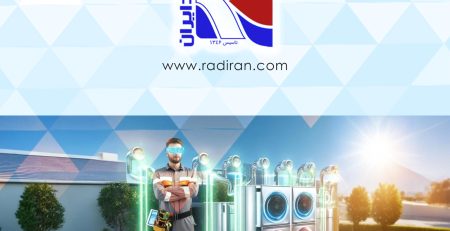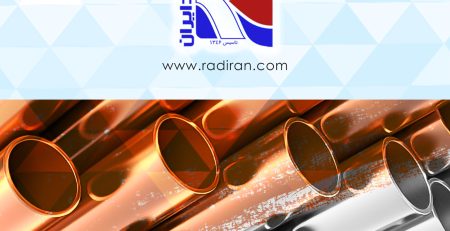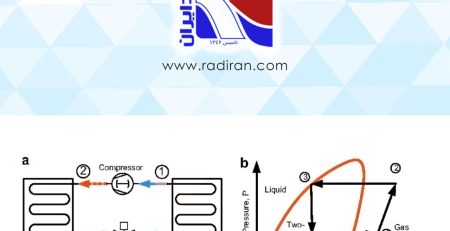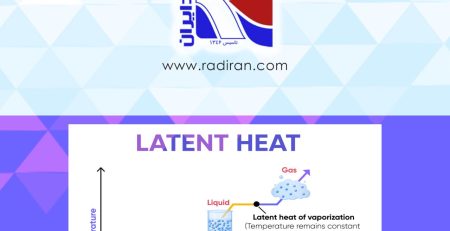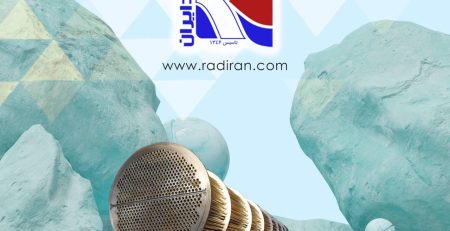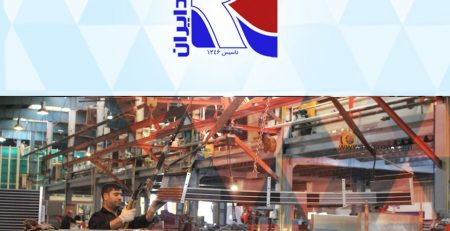Acidic Climates
In acidic climates, the use of fin tube coils requires careful consideration due to potential corrosion issues. Acidic environments can accelerate the corrosion of metals, including those used in HVAC systems like aluminum and copper found in fin tube coils. To mitigate this, manufacturers often use protective coatings or select materials that are resistant to corrosion. Regular maintenance and inspection are also crucial to detect any signs of corrosion early and prevent further damage. In acidic climates, several solutions can be implemented to protect fin tube coils from corrosion:
1. Material Selection: Use materials that are highly resistant to corrosion in acidic environments. For example, stainless steel or coated aluminum can be more resistant than standard copper.
2. Coatings: Apply protective coatings or treatments to the fin tube coils. These coatings act as a barrier against corrosive substances in the air.
3. Maintenance: Implement a regular maintenance schedule to inspect and clean the coils. Removing any debris or buildup can help prevent corrosion from accelerating.
4. Environmental Control: If feasible, control the environment around the coils to minimize exposure to acidic substances. This could involve using enclosures or barriers to shield the coils.
5. Chemical Treatment: In some cases, chemical treatments or inhibitors can be added to the system to neutralize or minimize the effects of acidic conditions.
6. Monitoring: Install monitoring systems to detect corrosion early. This allows for timely intervention before significant damage occurs.
By combining these strategies, HVAC systems can be better protected against the corrosive effects of acidic climates, extending the lifespan of fin tube coils and ensuring efficient operation.


